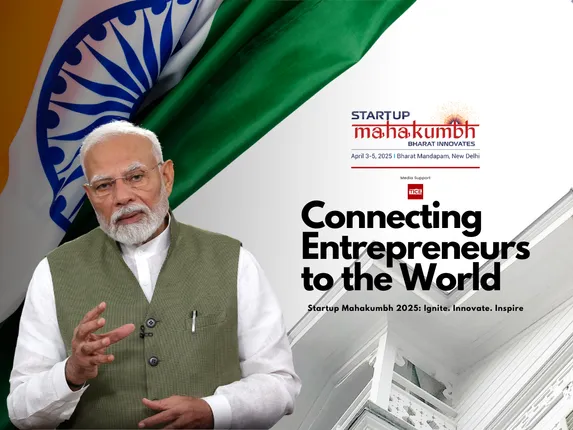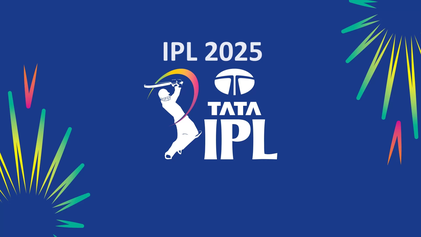
🚀 India’s Startup Ecosystem in 2025: Resilient, Ambitious, and Global
Despite global economic uncertainties and funding slowdowns, India’s startup ecosystem in 2025 continues to defy odds — pushing boundaries, creating jobs, and solving real-world problems at scale.
With over 115,000 registered startups and more than 110 unicorns, India remains the third-largest startup hub globally, after the U.S. and China.
🌱 Funding May Be Cooling, But Innovation Isn’t
The first half of 2025 saw a dip in venture capital funding across sectors, but early-stage startups are thriving. Micro VCs and angel networks are fueling innovation in Tier 2 and Tier 3 cities like Jaipur, Surat, Coimbatore, and Lucknow.
“It’s not a funding winter. It’s a ‘funding filter.’ Only the strongest ideas survive,” said Ritesh Sharma, an angel investor based in Bengaluru.
Sectors attracting early traction:
- HealthTech (AI for diagnostics)
- AgriTech (climate-resilient farming tools)
- EV & Green Tech
- FinTech in rural banking
🏙️ Startups Are Moving Beyond Bengaluru
Bengaluru, Hyderabad, and Delhi NCR continue to lead, but there’s explosive growth from emerging cities like:
- Indore (Logistics & SaaS)
- Nagpur (HealthTech & education platforms)
- Ahmedabad (D2C consumer brands)
The government’s Startup India 3.0 initiative offers seed grants and tax exemptions to startups registered under DPIIT — creating a more inclusive landscape.
🌐 Indian Startups Are Going Global
Unlike earlier years where most startups focused on the Indian consumer, 2025 sees more global-first Indian startups in:
- Cybersecurity (exporting products to the U.S. and Europe)
- Enterprise SaaS (clients in over 50 countries)
- EdTech for Africa & Southeast Asia
One shining example is MathMap, a Mumbai-based AI-driven learning platform now active in Kenya, Indonesia, and Brazil.
💡 Women-Led Startups on the Rise
A bright trend: Women-led startups are growing faster than ever. In 2025, 23% of all DPIIT-recognized startups have at least one female founder.
From clean energy innovations to fintech apps for homemakers, women are creating solutions rooted in social impact and sustainability.
Some notable women-led startups:
- SheKart – a rural e-commerce platform
- SolarSakhi – solar kits by and for women in villages
- Finstep – financial planning app for women freelancers
📈 IPOs, M&As & Exit Trends
In contrast to the IPO boom of 2021–2022, Indian startups are now focusing on sustainable exits:
- Strategic acquisitions are up by 18%
- Few IPOs, but stronger ones (e.g., Razorpay & Zepto eye late-2025 listing)
- Global tech firms are hunting for Indian talent and tech via acquisitions
🧠 Challenges Still Remain
Even with optimism, challenges persist:
- Access to growth capital post-Series A
- Talent retention amid global hiring slowdowns
- Regulation concerns around data privacy, crypto, and AI
But entrepreneurs remain upbeat.
“It’s never been easier to build — or harder to scale. You have to play long-term now,” said Meera Iyer, co-founder of a Mumbai-based agri-fintech firm.
🔍 What To Watch in H2 2025
- AI for Bharat: Local-language AI tools for education, health, and services
- EV Supply Chains: Startups in lithium recycling, battery swapping
- Rural SaaS: India-specific software products for farming, retail, and small business
📢 Final Thoughts
India’s startup ecosystem in 2025 is leaner, more focused, and deeply rooted in solving real Indian and global problems. While the unicorn count may plateau, the impact index is rising.
Startups are no longer chasing vanity metrics. They’re chasing real change.






